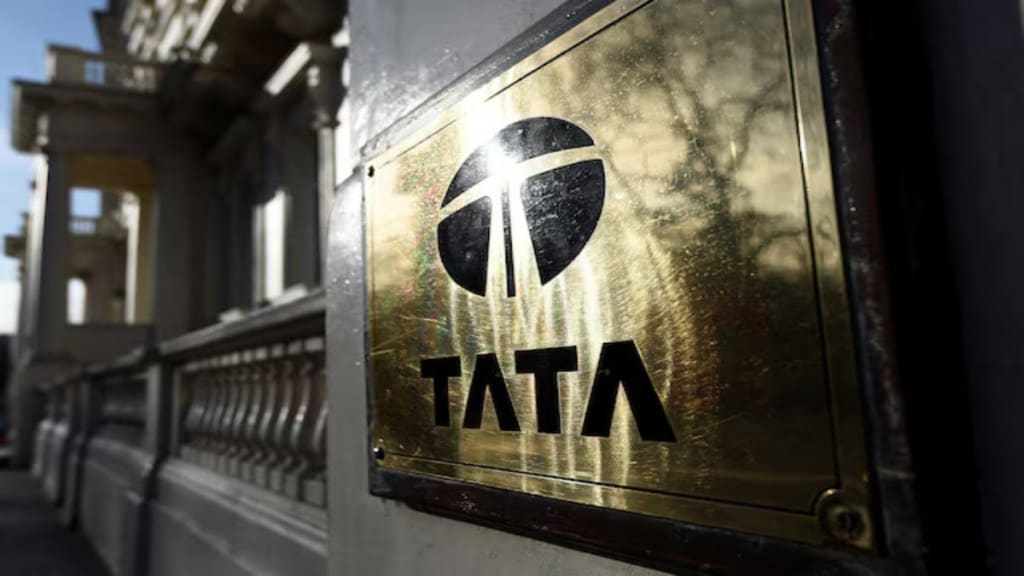The Shapoorji Pallonji (SP) Group, the second-largest shareholder in Tata Sons, is justified in renewing its demand for a public listing of the holding firm of the Tata group’s 25 listed companies with a combined market cap of `26.5 lakh crore (around $300 billion), and a host of mega unlisted entities. SP Group Chairman Shapoorji Pallonji Mistry’s articulation of his “profound belief” that “transparency is the truest form of respect for both legacy and the future” will find a lot of resonance, particularly when Tata Trusts, which has a commanding say over Tata Sons, is a divided house over governance issues.
In sharp contrast is the Reserve Bank of India’s (RBI) silence on listing of Tata Sons even though the September 30, 2025, deadline of complying with the scale-based regulatory framework for non-banking financial companies (NBFCs) is over. This is surprising as the preamble to the framework clearly said that “an NBFC should not act in a manner detrimental to the interests of its investors”. The RBI, which had earlier classified Tata Sons as an upper-layer NBFC, a label that requires it to go public, can’t be perceived to be applying a different yardstick for the so-called big boys of India Inc.
Tata Trusts’ hesitation probably stems from the fact that the holding company is controlled through various trusts and a public market listing would expose the company and the trusts to the regulatory scrutiny. A listing may also arguably limit the group’s control on its listed entities and lead to equity dilution. But these are not strong enough arguments for the reluctance to list Tata Sons. Few names command as much moral capital as the Tatas.
But moral capital, like financial capital, depreciates when not renewed through accountability. The debate over whether Tata Sons should list is not only about compliance; it is about the credibility of capitalism itself. Tata Sons’ decision to contest the RBI’s listing mandate also sits uneasily with its own legacy of stewardship. The company controls dozens of group firms, influences massive capital flows, and yet remains largely invisible to public oversight. The House of Tata should not stand dimmed by secrecy at the top.
Transparency will not erode the Tata ethos; it will protect it. A public listing would bring sunlight to the boardroom, fairness to minority shareholders, and confidence to markets. It would replace the moral opacity of “trust” with the moral clarity of accountability. If the Tata Group wishes to remain India’s moral compass in business, it must not resist the future. A listing would subject Tata Sons to disclosure norms, board scrutiny, and the discipline of market valuation—mechanisms that strengthen, not weaken, institutional integrity. It would also allow the Trusts to redeploy capital more effectively and give the public a stake in one of India’s most important corporate institutions.
There is another reason why Tata Sons should list. It would help simplify the complicated group holding structure of the Tata Group, increase investor transparency, and enable some of the listed group companies to liquidate their combined 12.87% stake in Tata Sons. Such cross-holdings have been a concern for investors for a while and a simplified structure would enable Tata Sons to have better control over the promoter votes on shareholder resolutions. A simpler structure would also be in synergy with Tata Sons Chairman N Chandrasekaran’s publicly stated mission of streamlining the group’s complicated shareholding structure, hoping to unlock value at its subsidiaries and reduce debt further. Jamsetji Tata’s vision was always expansive—industry not as privilege, but as public good. The same spirit should now guide the modern Tata Group. Listing Tata Sons is not a concession to regulation; it is a reaffirmation of trust.


